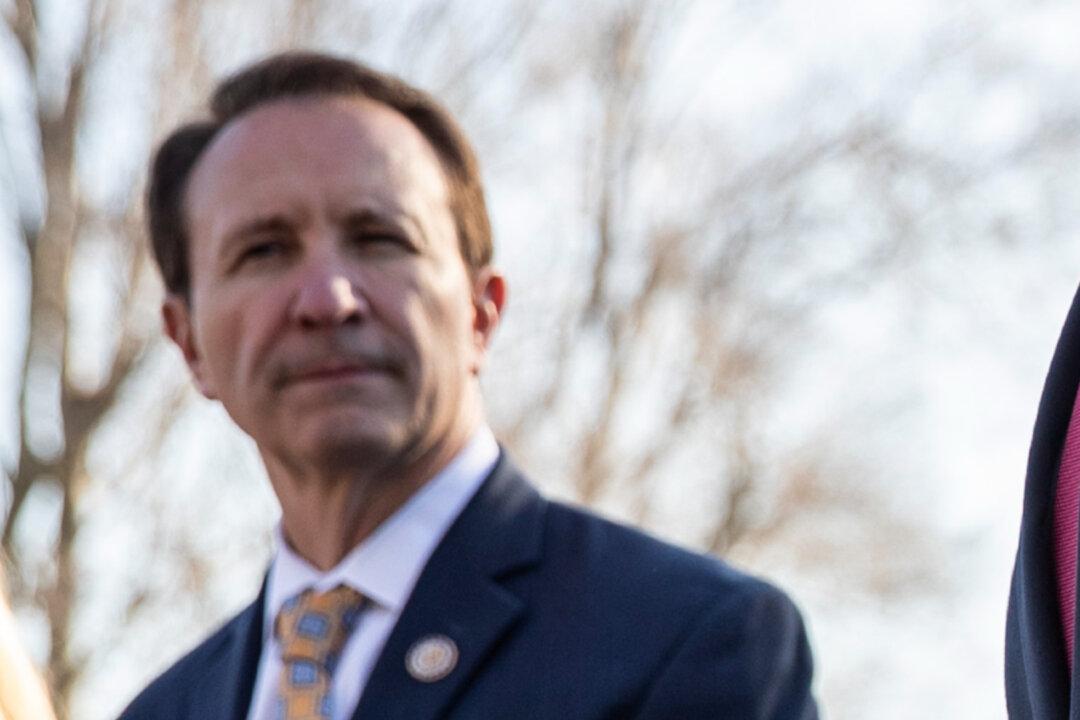The Louisiana Court of Appeal has reinstated the state’s lawsuit against a Mark Zuckerberg-funded nonprofit that flooded Democrat-controlled jurisdictions with election administration grants and, in the process, may have skewed election results.
Louisiana Attorney General Jeff Landry, a Republican, said the ruling was a major victory for election integrity.





